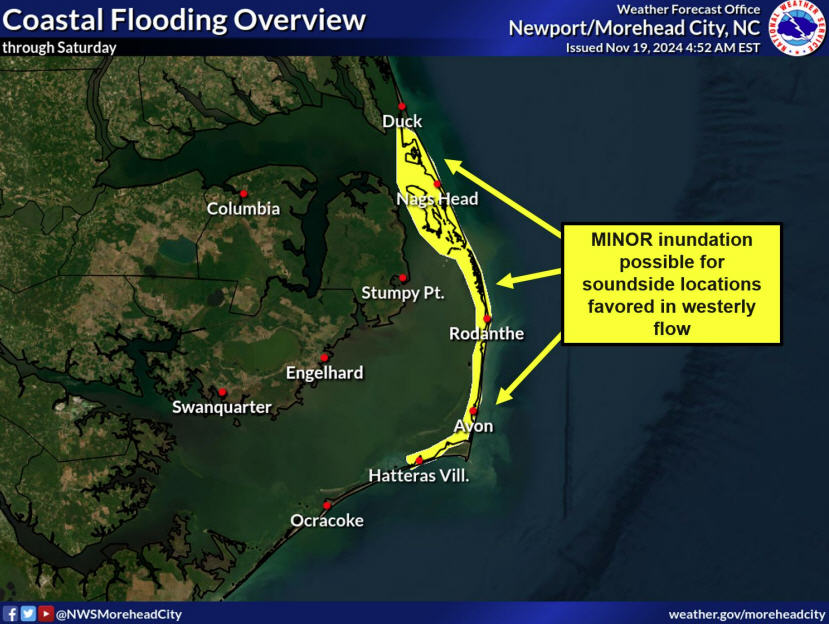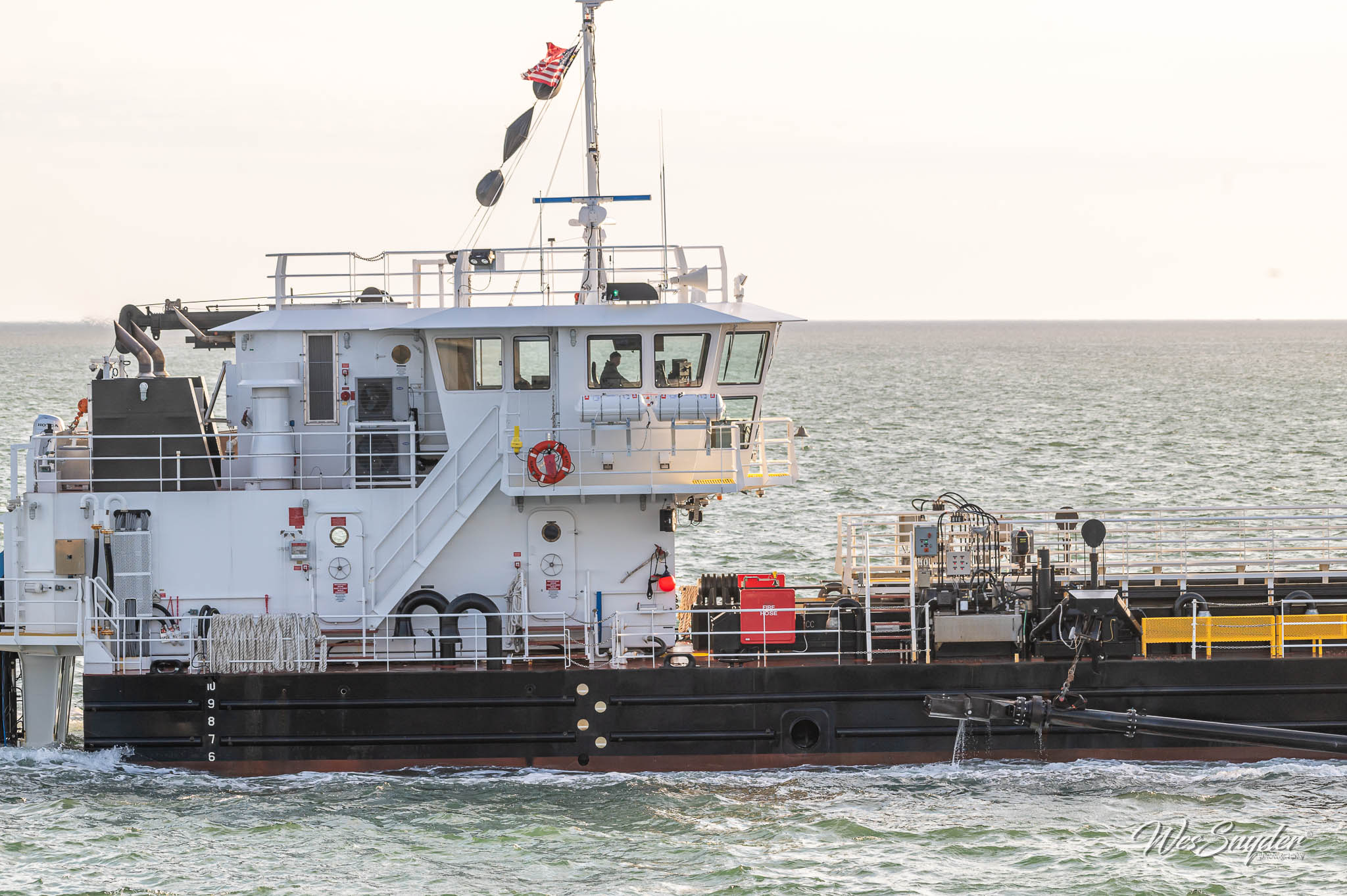More details on impacts of forced spending cut on the seashore
Deputy Superintendent Darrell Echols today filled in some of the details of the effects that forced federal spending cuts, also know as sequestration, will have on the Cape Hatteras National Seashore.
The spending cuts are scheduled to go into effect on Friday, March 1, if Congress cannot make a deal by then, and the possibilities of a last-minute agreement now seem remote.
Echols said that the National Park Service units have been asked to plan for a 5 percent across the board cut. At the seashore that amounts to $477,000.
“We’ll still be open,” Echols said.
Visitors will still be able to go to the beach and buy an ORV permit. They will still be able to climb the lighthouse and stop by the seashore’s visitor centers and perhaps still enjoy some interpretative programs.
However, hours for visitor centers and lighthouse climbing will be reduced, and the popular interpretative program will be greatly scaled back.
Also, if the cuts happen, you will not be able to stay in the NPS campgrounds and there will be no lifeguards at the seashore beaches.
Echols said that the bulk of the cuts at the Outer Banks Group will be achieved by not hiring for permanent positions that are now open. There are currently about nine in administration, interpretation, and maintenance.
In addition, the park has cut back on such things as unnecessary travel, staff training, and supplies.
The biggest difference for visitors, he said, will be the reduction in programs and visitor service that are a result of a freeze on hiring temporary seasonal employees, the folks who during the summer season lead programs, staff visitor centers, and perform tasks such as trash collection, mowing, and cleaning bathrooms.
Parks have been allowed to continue interviewing for seasonal employees, Echols said, but not make any job offers in certain areas.
The seashore has the go-ahead to hire seasonals who are needed to manage the park’s ORV plan. That includes nine employees in the permits offices, four on the interpretative staff who provide closure information and make other visitor contacts, and the entire seasonal staff of about 15 biotechs needed in the resource area to monitor nesting birds and turtles.
Those folks have been hired and should be starting work about March 8.
The seashore has permission to hire half of the seasonal workers needed for climbing of the Cape Hatteras Lighthouse – six of the usual complement of 12.
“We may not be able to open the lighthouse on April 19, so the climbing season will be shorter,” he said. Or the hours could be scaled back and the lighthouse open from 10 a.m. until 4 p.m. instead of 9 until 5.
The Bodie Island Lighthouse, which has been renovated and is opening to the public for the first time on April 19, is a slightly different situation, Echols said. Seasonals will conduct actual tours of the lighthouse rather than just act as interpreters as they do at Hatteras.
The park needs seven seasonals for a full day of climbing tours and has permission to hire all seven.
However, seasonal employees to staff the visitor centers and the campgrounds have not been approved.
Echols said that if the forced cuts happen, the campgrounds will be closed for the season.
Campgrounds, he said, use seasonal employees for almost everything from mowing grass to cleaning bathrooms, to hauling trash.
He said visitor centers may have reduced hours and will certainly have many fewer visitor programs. The summer interpretative programs cover such things as history, ecology, the night sky, seine netting in the sound, snorkeling, and more. A few of those could continue, he said, but not many.
Lifeguards have also not been authorized. In past summers, there have been lifeguards daily at Coquina Beach, Buxton Lighthouse Beach, and the Ocracoke Day Use Area.
Echols said that even if the forced cuts are avoided by Congressional action at the last minute, the park will still have trouble getting visitors services up and running on the planned schedule.
Hiring federal employees is much more complicated than making hires in the private sector, and each hire requires four to eight weeks of reference checking and background checks.
Also, jobs were posted and applications received months ago, and some of those prospective employees have taken other jobs because of the freeze on hiring of seasonals in the parks.
“An 11th hour deal would be great,” Echols said. But he added the park was already running at least two weeks behind where it should be to get seasonal employees in place.
At a minimum, he said, averting the cuts at the last minute would mean opening campgrounds and implementing the regular schedule for lighthouse climbing at least two weeks later than planned.
And a last-minute deal a week or two weeks or more down the road will put the seashore even more behind as more potential seasonal employees take other jobs.
Any way you look at it, he said, the forced cuts couldn’t come at a worse time – just as the seashore and other parks are gearing up for the tourist season.







